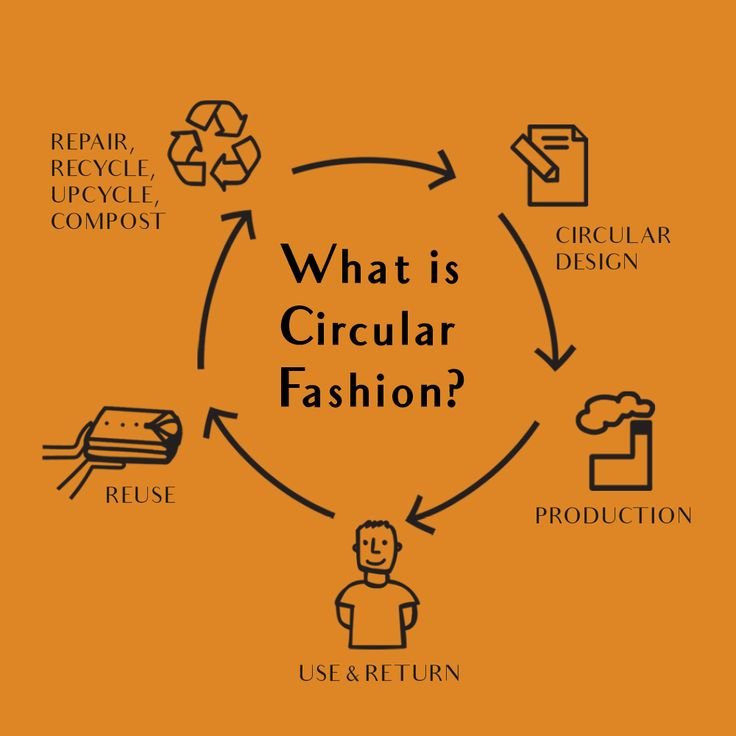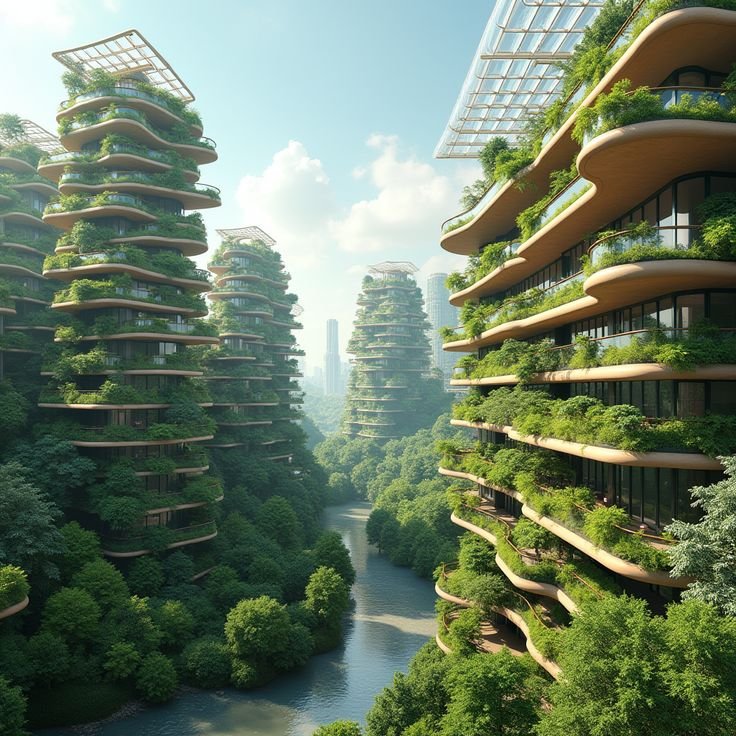Eco-Friendly Technology: Innovations Driving a Sustainable Future

Introduction:
As the world grapples with the challenges of climate change, resource depletion, and environmental degradation, technology is emerging as a critical ally in the fight for sustainability. Eco-friendly technology, also known as green technology, encompasses innovations designed to minimize environmental impact while promoting resource efficiency and conservation. From renewable energy solutions to smart systems that optimize resource use, these advancements are transforming industries and reshaping how we live, work, and interact with the planet.
Eco-friendly technology is not just about reducing harm; it is about creating solutions that actively contribute to environmental restoration. Whether through renewable energy sources like solar and wind power, electric vehicles, or AI-driven systems for sustainable agriculture, green technology offers a pathway to a future where economic growth and environmental stewardship go hand in hand. As global awareness of environmental issues grows, the demand for sustainable technologies continues to rise, paving the way for a greener and more resilient world.
This blog explores the innovations driving the eco-friendly technology movement. From renewable energy breakthroughs to smart home systems, we will delve into the transformative potential of green technology and its role in building a sustainable future.
1. Renewable Energy Technologies
Renewable energy lies at the heart of eco-friendly technology, offering a clean and sustainable alternative to fossil fuels. Solar, wind, and hydroelectric power are among the most prominent renewable energy sources, each contributing to reducing greenhouse gas emissions and fostering energy independence.
Solar power has made remarkable advancements in recent years, with innovations such as perovskite solar cells and building-integrated photovoltaics (BIPVs) revolutionizing the industry. These technologies have improved energy efficiency and reduced costs, making solar power accessible to a wider audience. Similarly, wind power has seen the rise of offshore wind farms equipped with floating turbines, capable of harnessing stronger and steadier winds in deeper waters. These developments not only boost energy output but also minimize the environmental footprint of wind energy projects.
Hydroelectric power, while a longstanding renewable resource, continues to evolve with innovations like small-scale hydropower systems and pumped storage technologies. These advancements enable more efficient energy storage and distribution, addressing the intermittency challenges of renewable energy. Together, these technologies are transforming the global energy landscape and driving progress toward a carbon-neutral future.
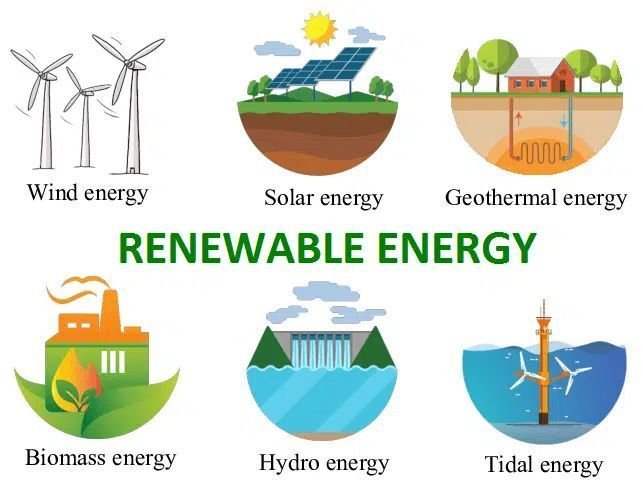
2. Sustainable Transportation
Transportation is a major contributor to greenhouse gas emissions, making it a key focus area for eco-friendly technology. Electric vehicles (EVs) are leading the charge, offering a cleaner alternative to traditional internal combustion engine vehicles. Advances in battery technology, such as solid-state batteries, have improved EV range, charging speed, and affordability, accelerating their adoption worldwide. Public transit systems are also undergoing a green revolution, with cities investing in electric buses, trams, and metro networks to reduce urban emissions.
Beyond electric vehicles, hydrogen-powered transportation is gaining traction as a zero-emission solution for heavy-duty applications, such as trucks, buses, and trains. Hydrogen fuel cells provide a clean and efficient energy source, with water vapor as the only byproduct. Micro-mobility solutions, such as e-scooters and bike-sharing programs, are transforming urban mobility by offering convenient and sustainable alternatives for short trips. Together, these innovations are redefining the future of transportation and paving the way for a low-carbon economy.
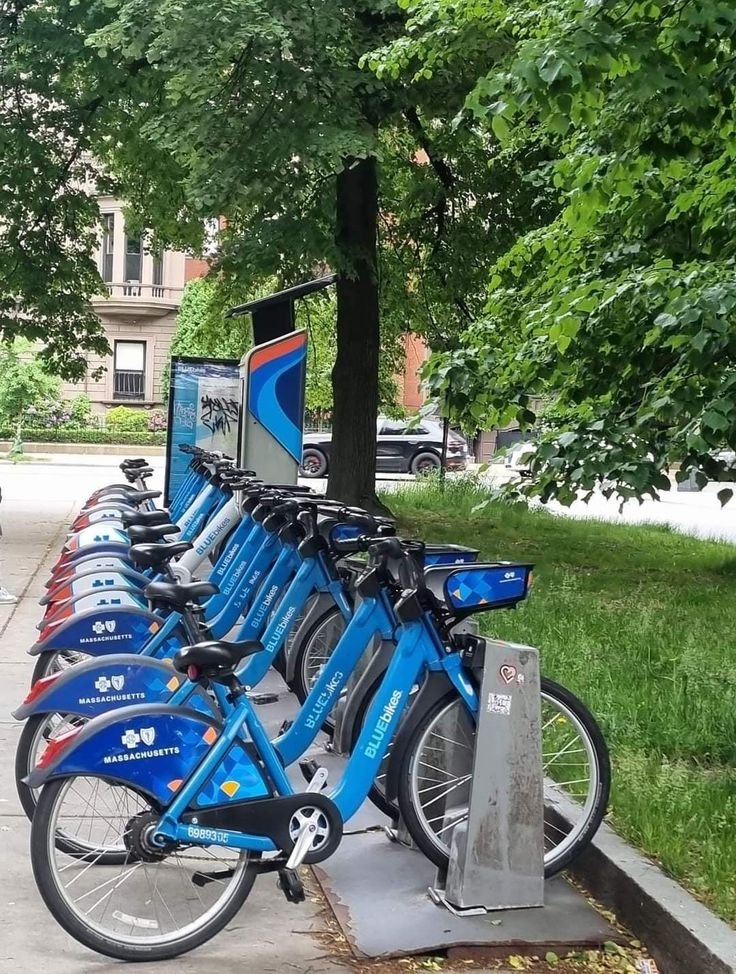
3. Smart Home Technologies
Smart home technologies are revolutionizing the way we manage energy, water, and waste in our daily lives. Energy-efficient appliances, automated lighting systems, and smart thermostats are enabling homeowners to optimize energy consumption and reduce utility bills. Devices like Nest and Ecobee use machine learning to analyze usage patterns and adjust settings automatically, ensuring comfort while minimizing energy waste.
Water-saving technologies, such as smart irrigation systems and low-flow fixtures, are addressing water scarcity by promoting efficient use in households and gardens. Waste management is also seeing advancements, with smart bins that sort and compact waste for recycling and composting. By integrating these technologies into everyday life, smart homes not only enhance convenience but also contribute significantly to sustainability efforts.
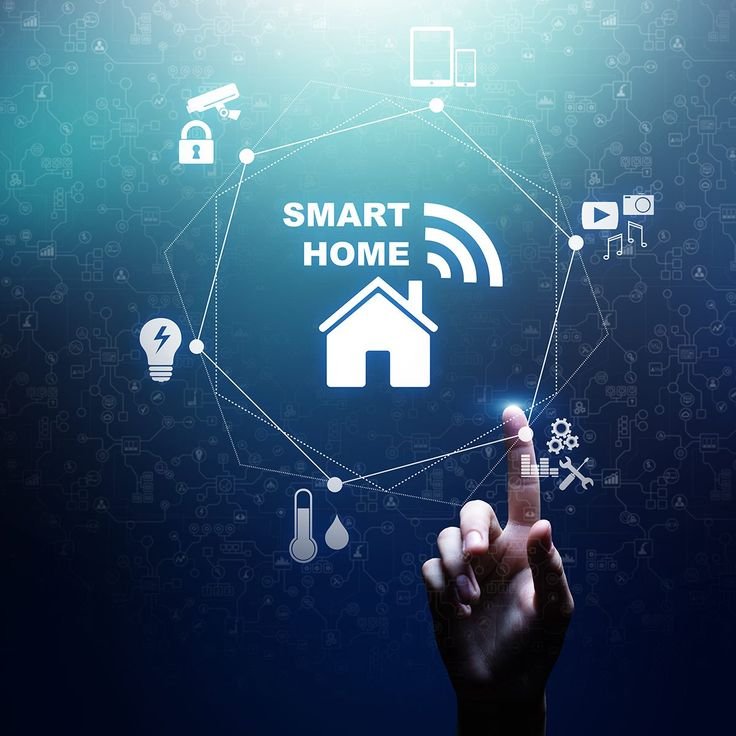
4. Green Technology in Agriculture
Agriculture is undergoing a transformation with the adoption of eco-friendly technologies that promote sustainable practices and enhance productivity. Precision agriculture, powered by AI and IoT, allows farmers to monitor soil conditions, crop health, and weather patterns in real-time, optimizing resource use and reducing waste. Automated machinery and drones are further improving efficiency by enabling targeted application of water, fertilizers, and pesticides.
Vertical farming and hydroponics are innovative solutions addressing land and water scarcity. These methods use controlled environments to grow crops without soil, drastically reducing water usage and eliminating the need for harmful chemicals. Regenerative agriculture practices, such as cover cropping and crop rotation, are being supported by technology to restore soil health and increase biodiversity. These advancements are not only improving agricultural sustainability but also addressing global food security challenges.
5. The Role of Artificial Intelligence and IoT
Artificial intelligence (AI) and the Internet of Things (IoT) are playing pivotal roles in driving eco-friendly technology adoption across sectors. AI algorithms analyze vast amounts of data to identify inefficiencies and optimize operations, whether in energy grids, transportation networks, or industrial processes. IoT devices, such as sensors and connected appliances, enable real-time monitoring and automation, enhancing resource management and reducing waste.
In smart cities, AI and IoT are being used to optimize traffic flow, reduce energy consumption in buildings, and improve waste collection systems. Predictive analytics powered by AI is helping industries anticipate maintenance needs, reducing downtime and extending the lifespan of equipment. These technologies are fostering a culture of sustainability by making it easier for businesses and individuals to adopt eco-friendly practices.
Conclusion:
Eco-friendly technology is transforming the way we approach sustainability, offering innovative solutions to some of the world’s most pressing environmental challenges. From renewable energy and sustainable transportation to smart homes and AI-driven systems, these advancements are reshaping industries and empowering individuals to make a positive impact.
The journey toward a sustainable future requires collaboration among governments, businesses, and communities to scale these technologies and integrate them into everyday life. By investing in green technology and embracing its potential, we can build a world where economic growth and environmental conservation go hand in hand.
As we continue to innovate and adopt eco-friendly technologies, we move closer to a future where the health of the planet and the prosperity of its inhabitants are in harmony. The time to act is now, and the tools to create a sustainable future are within our reach.

